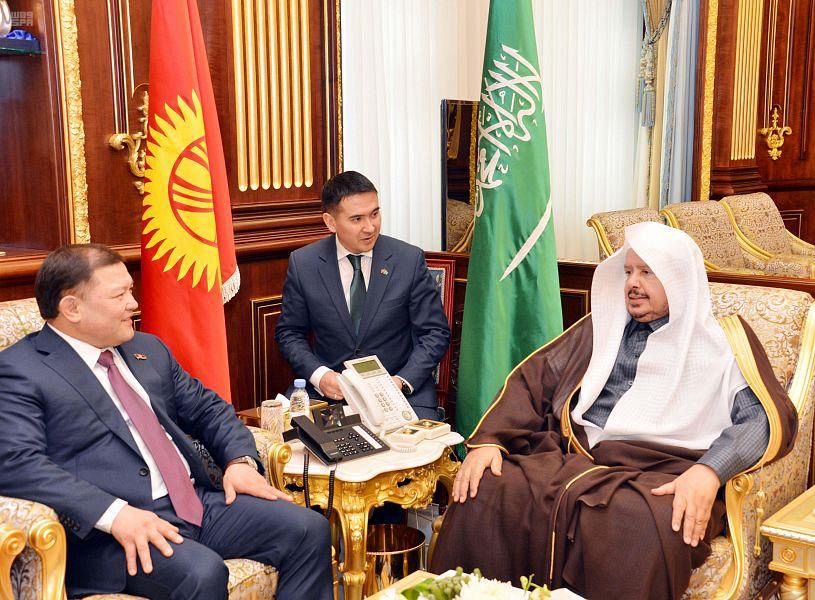
The Lebanese parliament held its first legislative session on Monday under the caretaker government, amid popular movements that reject the adoption of the solid waste management law, which provides for the establishment of incinerators.
The parliament, which convened for two consecutive days on Monday and Tuesday, seemed to overcome the absence of the government, but the nodes hindering the formation of a new government were strongly present in the statements of the deputies.
An agenda, of 29 items, was discussed during Monday’s session, during which Parliament passed the solid waste management, e-transactions and personal data, judicial mediation, protecting whistleblowers and transparency in the oil and gas sector.
At the beginning of the session, Parliament Speaker Nabih Berri responded to some parties’ criticism of the legality of the sessions in light of the absence of an effective government. He said: “We are constitutionally promulgating laws based on Article 69, which gives us the right to do so. It is not the first time, and this suggests to the Lebanese that the situation in the country is normal.”
Lebanese Forces MP Georges Okais said he was uncomfortable with legislating under a caretaker government, but noted that the current situation has prompted his bloc to attend the session to meet their responsibilities towards the Lebanese people, underlining the need to discuss the electricity crisis.
Free Patriotic Movement (FPM) MP Alain Aoun stressed that impeding Parliament’s work was more harmful than passing laws under a caretaker government.
“Amid the current economic crisis, mere political statements do not count as solutions,” he stated.
Kataeb MP Sami Gemayel criticized the delay in forming a new government, calling for the creation of a government of technocrats should the political blocs did not agree on the ministerial shares.












